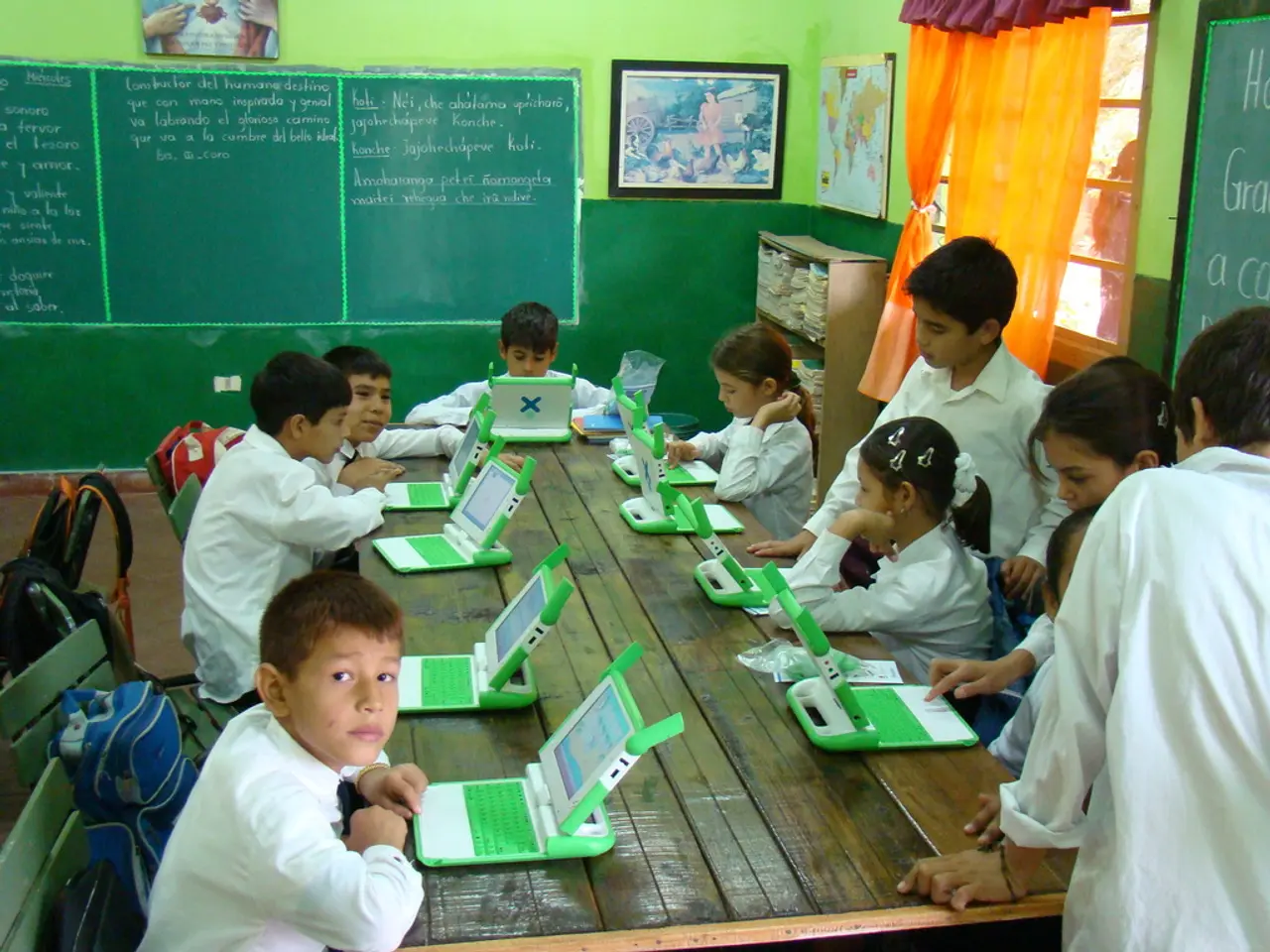Government Donates Ten Laptops to Mlomwe Primary School, Yet Question Remains on Student Accessibility
In a bid to bridge the digital divide between urban and rural learners, Starlink, a satellite-based internet service, has been introduced to some remote schools in Zimbabwe. This development, part of the Smart Zimbabwe 2030 plan, offers the potential for digital learning and access to global educational resources.
However, the effective implementation of this technology faces significant challenges. Schools often lack essential physical infrastructure such as electricity, classrooms, and furniture. These shortcomings severely limit the efficiency of Starlink installations and laptop donations.
At Mlomwe Primary School in Bulilima District, Matabeleland South, 10 laptops, one projector, and one whiteboard were distributed as part of the government's rural schools ICT rollout. Yet, the absence of power and desks poses a significant hurdle to the full exploitation of these technological upgrades.
Parents and teachers at recipient schools have emphasised the urgent need for classrooms, electricity, and furniture before digital technology can be fully utilised. Without these basics, laptops and Starlink may remain underutilised or gather dust.
The government views Starlink as foundational to Zimbabwe’s future digital transformation, aiming to ensure all citizens, regardless of location, can participate. However, development analysts stress the sequencing of priorities, arguing that physical infrastructure and school maintenance must come first or be concurrently addressed to realise the benefits of ICT initiatives.
Zimbabwe still grapples with broader educational funding issues, such as calls for free primary education to keep children in school and address related social challenges, reflecting overall financial constraints impacting school maintenance and improvement.
In summary, while Starlink has enabled internet access in remote Zimbabwean schools, the financial and maintenance challenges in infrastructure critically limit its effective use. Technology alone has not been sufficient—basic needs like electricity, classrooms, and furniture must be met to fully leverage Starlink’s potential for educational development in these areas.
Further research is needed to quantify the impact on learning outcomes and conduct detailed financial analyses of Starlink's cost-effectiveness in this specific context. However, the available reports consistently highlight that without improving basic school infrastructure, the effectiveness of Starlink installations remains substantially constrained.
Technology, as part of education-and-self-development initiatives, has been introduced in remote Zimbabwean schools through Starlink. However, the effective utilization of technology is heavily dependent on meeting the basic needs such as electricity, classrooms, and furniture.




